Newscenter
-
 March 26, 2025
March 26, 2025- Semiconductor
TSMC's $165bn U.S. expansion push: 'Inevitable' but risky
Eddie Han, research director at Isaiah Research, said establishing a major R&D center overseas to improve manufacturing brings the risk of indirect technology transfers, which could impact Taiwan's semiconductor industry in the long term. "TSMC's massive investments on advanced nodes in the U.S. would also magnetize the investment flows of Taiwanese chip ecosystem suppliers," Han told Nikkei Asia.
March 26, 2025- Semiconductor
Read More -
 March 16, 2025
March 16, 2025- Semiconductor
- Smartphone
India's electronics manufacturing sector grapples with uncertainty over Trump's tariff threat
INDIA’S CHANCE However, Lori Chang, a senior analyst at Taiwan-based tech-research firm Isaiah Research, felt differently. She said Trump’s policies will impact production and assembly plants, mainly in China and Mexico, but will also accelerate plans to establish key component manufacturing facilities in countries such as India, Vietnam and Thailand. “Beyond the relocation of assembly plants from China, major component assembly — including camera modules and battery cells — has seen increasing investment in India in recent years to achieve a supply chain clustering effect,” she said. “Electronics Manufacturing Services (EMS) and Original Design Manufacturing (ODMs) that have established factories in India will see Original Equipment Manufacturer (OEMs) actively requesting an expansion of their production lines in the country,” Chang said. Apple, for instance, plans to increase the share of its manufacturing in India this year, including products like iPhones and AirPods, she said. Additionally, India’s iPad production line is expected to be operational next year, further increasing the country’s role in Apple’s manufacturing. “However, setting up facilities, workforce allocation and training remain critical challenges for production in India,” she said. “The mobile phone manufacturing industry in India may also face challenges such as inconsistent infrastructure and complicated labour laws. Additionally, India’s production to manufacture high-end smartphones is still developing and enhancing production competitiveness could be one of the most important challenges at the moment.”
March 16, 2025- Semiconductor
- Smartphone
Read More -
 March 13, 2025
March 13, 2025- Semiconductor
- Smartphone
TSMC’s $100 billion promise to invest in the U.S. won’t shake up the chip supply chain: ‘Most of its capacity is still in Taiwan’
David Chuang, a senior research analyst at Isaiah Research, is skeptical that TSMC’s $100 billion pledge will fully materialize. “The market is there,” he says. “But it boils down to the value proposition. How much can TSMC charge for U.S. manufacturing?” TSMC’s current manufacturing in Arizona emulates what the chipmaker is already doing in Taiwan, such as a “lower cost” version of its 4-nanometer chips. “The process is simplified,” Chuang says, with the result going into less powerful devices like smartwatches, rather than high-end smartphones. With its established chipmaking ecosystem and steady supply of talent, the latest chips will come from Taiwan first. And with the AI boom continuing to drive demand for more and more advanced chips, Chuang says Taiwan is going to be key for fulfilling that demand. Timelines for reaching the next generations of chips are “not quite aligned with U.S. capacity right now,” he says.
March 13, 2025- Semiconductor
- Smartphone
Read More -
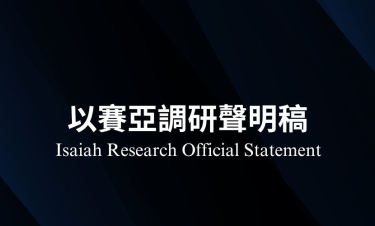 February 08, 2024
February 08, 2024- Others
以賽亞調研聲明稿 Isaiah Research Official Statement
February 08, 2024- Others
Read More -
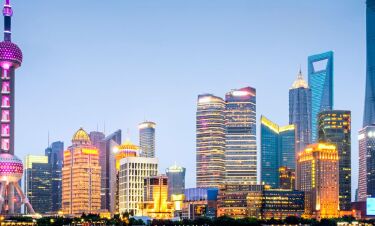 December 12, 2023
December 12, 2023- Semiconductor
Exclusive: After US curbs, Tencent and small chip designers chase Nvidia's China crown
Should Chinese chip designers win orders, they could still struggle for production capacity given constraints U.S. curbs put on foundries such as TSMC (2330.TW) from working with Chinese firms, said Isaiah Research Vice President Lucy Chen.
December 12, 2023- Semiconductor
Read More -
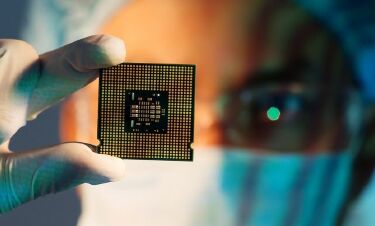 October 16, 2023
October 16, 2023- Semiconductor
How TSMC and other firms making the most advanced semiconductors are getting a reprieve from Biden’s chip war on China
The waiver is “good news” for TSMC, as it allows the company to continue with expansion plans for its 28-nanometer chips in Nanjing, China, says Lucy Chen, vice president of Isaiah Research, a Taiwan-based tech-research firm.
October 16, 2023- Semiconductor
Read More -
 May 25, 2023
May 25, 2023- Smartphone
China’s Apple loss is India’s gain, as 2022 supplier list shows shift in supply chain preferences
Apple added five new mainland Chinese suppliers while removing eight in mainland China in its latest financial year ended September 2022, after China’s strict Covid-19 controls disrupted iPhone production last holiday season, according to the latest supplier list published by the US consumer electronics giant.
May 25, 2023- Smartphone
Read More -
 May 08, 2023
May 08, 2023- Smartphone
The next iPhone will still be made in China, but Apple’s main assembler Foxconn will have to share the work, report says
Foxconn may lose some iPhone 15 work to other Chinese manufacturers after it failed to deliver iPhone 14s last November due to Covid disruptions. New arrangement marks the first time Apple has tapped three suppliers to produce premium iPhones, highlighting efforts to smooth the supply chain
May 08, 2023- Smartphone
Read More -
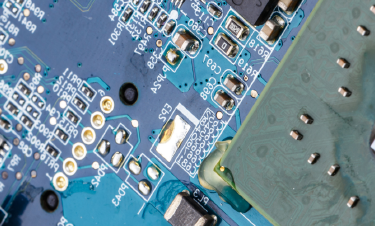 April 20, 2023
April 20, 2023- Semiconductor
TSMC lowers full-year outlook on weak demand, chip surplus
TAIPEI -- Taiwan Semiconductor Manufacturing Co., the world's biggest contract chipmaker, is predicting its first full-year revenue drop since 2009 after lowering its outlook for this year due to weak demand and persistently high inventory levels.
April 20, 2023- Semiconductor
Read More -
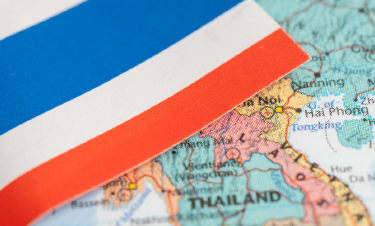 April 13, 2023
April 13, 2023- Smartphone
Apple in talks with suppliers to make MacBooks in Thailand
TAIPEI -- Apple is in talks with suppliers to make MacBooks in Thailand as the company continues to expand its manufacturing footprint outside of China amid geopolitical uncertainties.
April 13, 2023- Smartphone
Read More -
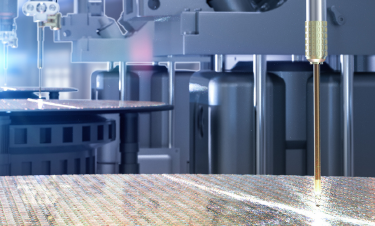 March 31, 2023
March 31, 2023- Semiconductor
Japan to restrict semiconductor equipment exports as China chip war intensifies
Japan plans to impose export restrictions on 23 types of equipment used to make semiconductors, following similar curbs by the US designed to restrict China’s access to cutting-edge chips in an intensifying battle over the technology.
March 31, 2023- Semiconductor
Read More -
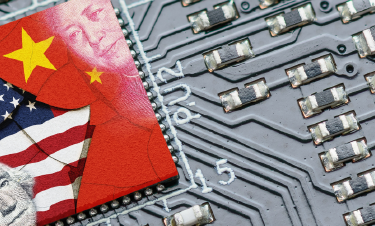 March 24, 2023
March 24, 2023- Semiconductor
Tech war: proposed US ‘guardrails’ on new chip investment in China to block TSMC, Samsung expansion plans on mainland
Some of the world’s leading chip makers, including Taiwan Semiconductor Manufacturing Co (TSMC) and Samsung Electronics, will be hamstrung from expanding their facilities in China under proposed US guidelines covering companies that receive federal funding for semiconductor production, according to analysts.
March 24, 2023- Semiconductor
Read More
Media Contact
If you are a member of the media and would like to speak to our communications team for media inquiries,
please contact us via: publicrelations@isaiahresearch.com



